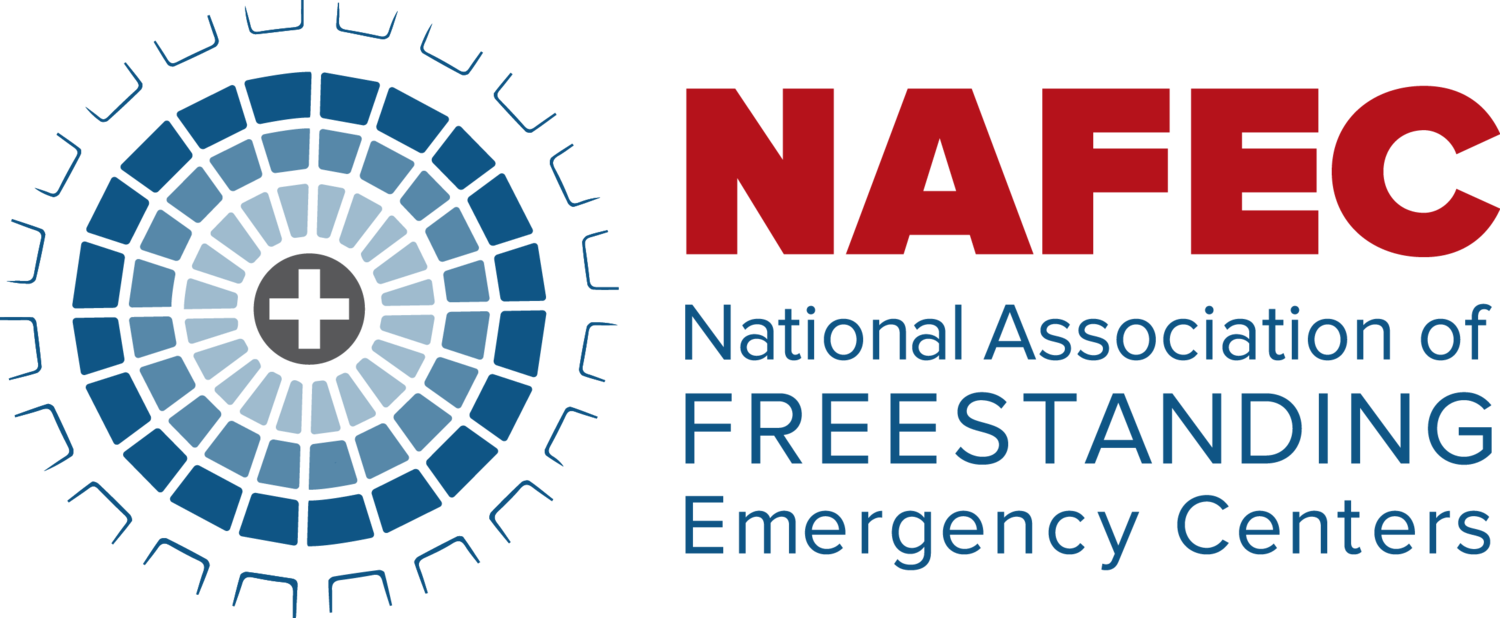Problematic Implementation of the “No Surprises Act”
Background on the “No Surprises Act”
Enacted in 2020, the “No Surprises Act (NSA)” was meant to protect consumers out-of-pocket liability for surprise medical bills when receiving out-of-network health care. Among other things, the bill established a federal independent dispute resolution process (IDR) to resolve out-of-network payment disputes between providers and insurers.
However, CMS implementation of the law, through a series of interim and final rules, deviated from clear legislative language and disregarded Congressional intent of the IDR process. After the IDR process went into effect in 2022, several lawsuits vacated portions of the CMS rules and the Agency was forced to issue a final rule in August 2022 that modified aspects of the IDR process. While these changes were marginally useful, the IDR process continues to be riddled with issues that favor insurers while providers struggle to stay afloat. Insurers have taken advantage of the new process by paying providers a fraction of their typical reimbursement, delaying payments and putting routine claims into arbitration. This unfair and unwarranted behavior puts patient access to critical emergency care at risk.
Background of Freestanding Emergency Centers (FECs) and Specialty Emergency Hospitals
FECs are emergency departments that are fully staffed 24/7 with emergency-trained ER physicians and nurses and have all the capabilities of a hospital-owned ER, including advanced imaging, lab, and pharmacy. FECs are also fully compliant with EMTALA laws. The only difference between FECs and hospital-owned ERs is ownership, not capability. Similarly, specialty emergency hospitals are small-scale inpatient facilities that provide 24/7 emergency care Both FECs and specialty emergency hospitals are able to treat patients within minutes and quickly stabilize them, avoiding unnecessary and costly long-term inpatient admissions. The No Surprises Act recognized FECs for the first time in the federal statute as emergency departments that are licensed separate and distinct from a hospital by states to provide emergency care.
Issues
NAFEC is deeply concerned that insurance companies are using the enactment of the NSA as a pretext to slash reimbursement to pennies on the dollar, unreasonably delay payments, and flood the independent review process with easily resolved claims. These actions threaten patient access to critical emergency care, causing some facilities to go out of business and putting many more on the brink of economic insolvency. NAFEC has specifically raised issues relating to:
• A lack of federal enforcement of the law and regulations on qualifying payments amounts (QPAs) and the IDR process itself;
• Inconsistency among the rulings by the certified IDR entities (CIDRES), who arbitrate the process, and conflicts of interest between the CIDRES and disputing parties;
• The absence of a standardized way to initiate the 30-day negotiation period with insurers and the lack of confirmation and response from them;
• Tight timelines, particularly for batching and filing claims, that put an unnecessary strain on providers and give advantages to insurers;
• Payers violating patient protection provisions by reprocessing bills to include the IDR reward amounts, thus increasing patient out-of-pocket costs; and
• Exorbitant administrative fees for the IDR process and delays in payment from insurers and IDREs after a case has been awarded to the provider.
NAFEC urges Congress to conduct oversight on implementation of the “No Surprises Act” and ensure that the IDR process is effective and impartial, as was intended by Congress when they passed the law.
